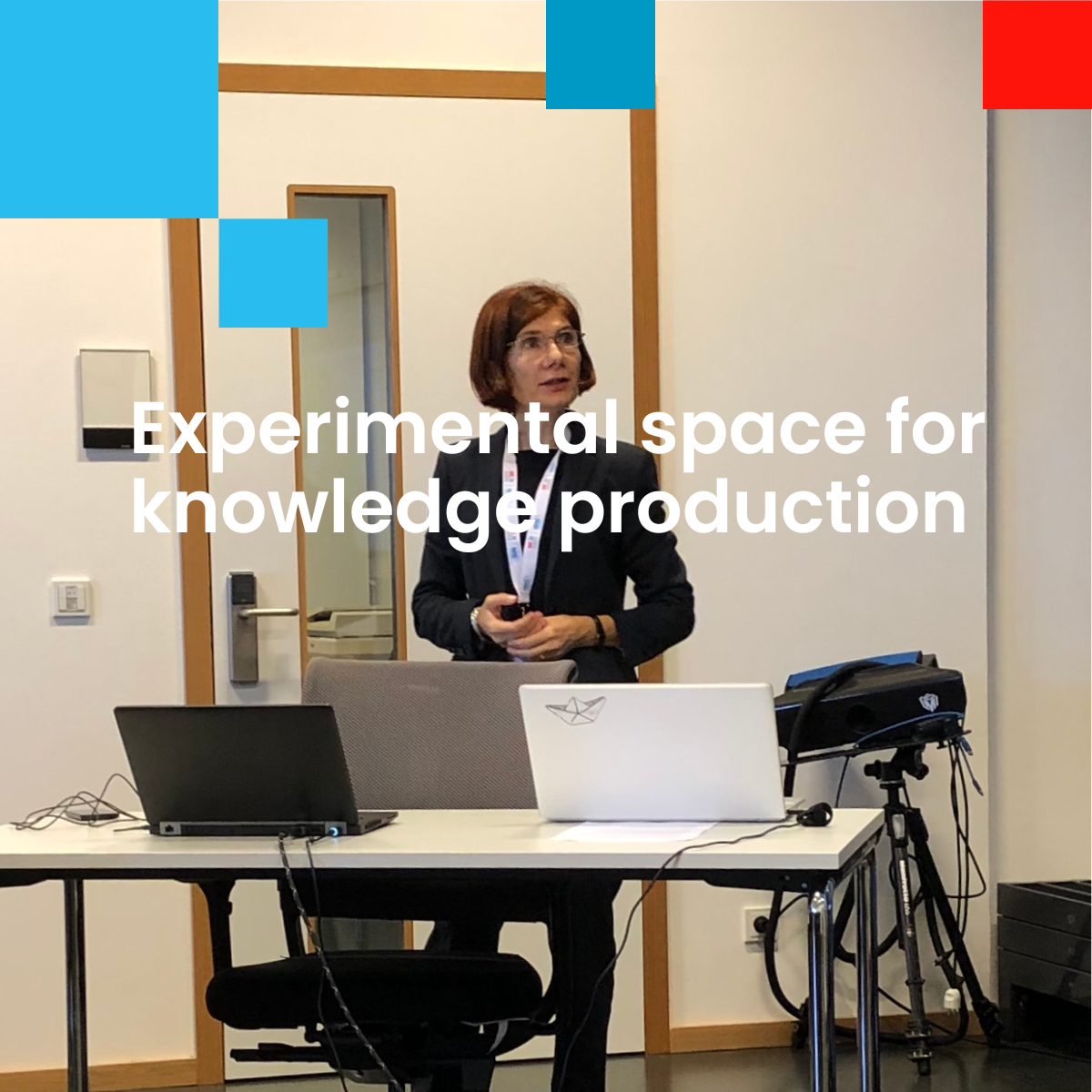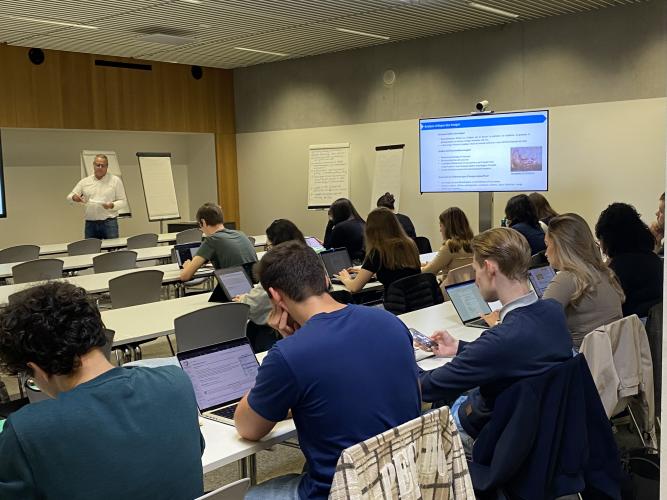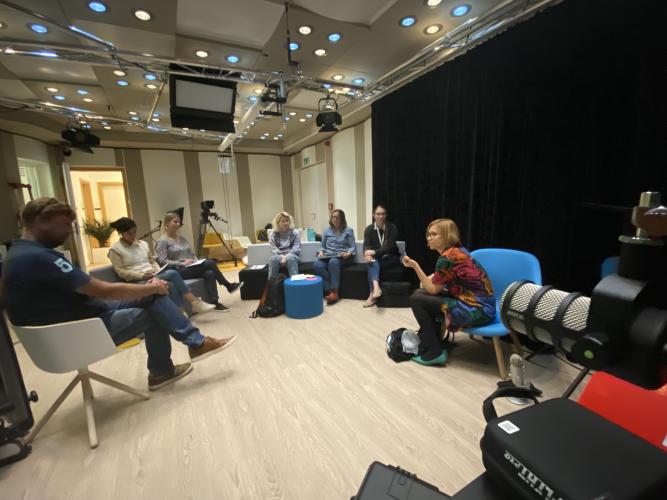
The concept of “trading zone”, introduced in the history of science by Peter Galison in a 1997 book, refers to boundary negotiations of knowledge between different communities of practice. More recently, Max Kemman, in a 2021 book based on his C2DH PhD thesis, applied the concept to study the development of “interactional expertise” in the field of digital history. Started in 2021, the Training Trading Zone is an initiative intended to involve the C2DH’s team members, as trainers and trainees, in activities that cover a variety of areas of expertise (or trading zones), such as history and historiography, computer science, archival and data science, digital media, and digital humanities. The main goal is to experiment with learning from each other, sharing knowledge and providing guidance and directions for further enquiry within the various trading zones. The training programme has been offered for each academic year, with registration and integration of new proposals open during the whole year.
The segments of the programme for the 2022-23 summer and 2023-24 winter semesters included activities in the format of onsite and online sessions and workshops with trainers both from the C2DH and outside it, and online materials for self-paced consultation. The background trading zones mainly focused on the acquisition and sharing of knowledge about topics such as research integrity and ethics, scientific communication through podcasts, use of board games in teaching public history, Jupyter notebooks for publishing in the Journal of Digital History, and introduction to data management. The foreground trading zones comprised training activities on themes such as transnational European history, digital hermeneutics in history, image processing, introduction to QGIS software for creating maps, Impresso application for the exploration of historical newspapers, digital/transmedia storytelling, and Web archives. The audience consisted of C2DH researchers and other staff, and PhD students that could acquire ECTS based on the completion of assignments proposed by the trainers. PhD students also participated in the programme as trainers in their area of expertise. With the launch of the Deep Data Science of Digital History (D4H) doctoral training unit in 2022, the training programme has been disseminated within the D4H, and included participants from this unit as well.


